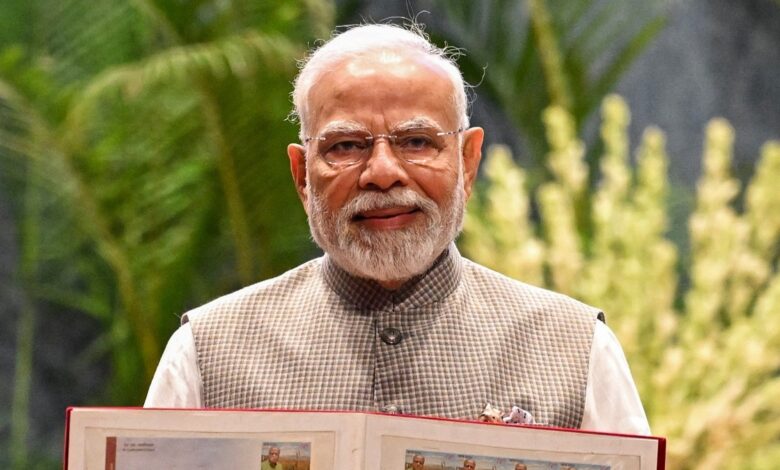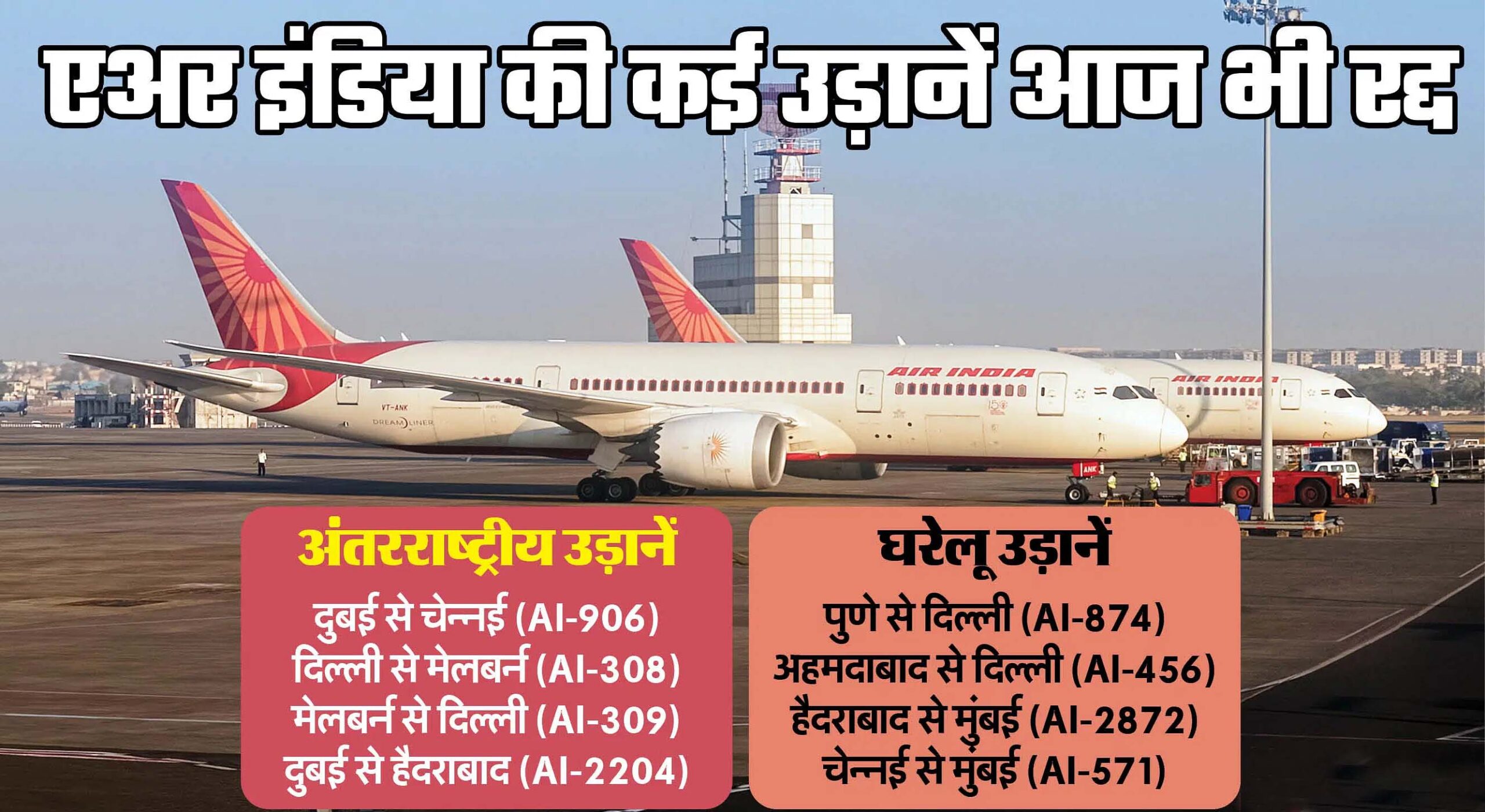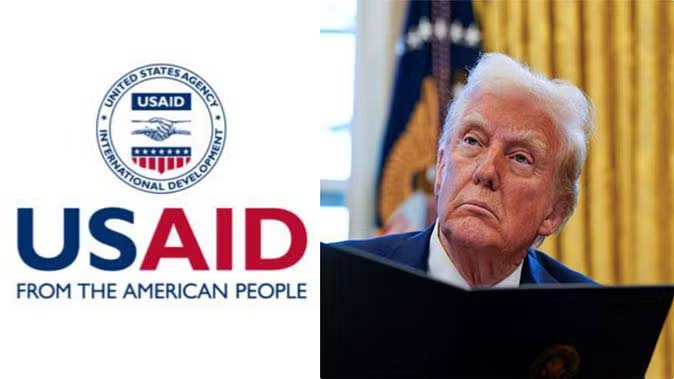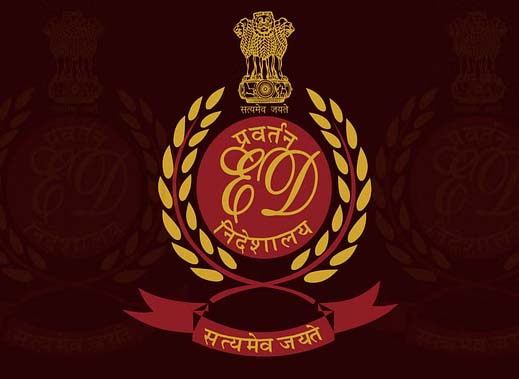प्रधान मंत्री मोदी की डिग्री सार्वजनिक करने से उच्च न्यायालय ने रोका, सीआईसी आदेश को निरस्त किया।

The Delhi High Court recently ruled that Delhi University is not obligated to disclose details about Prime Minister Narendra Modi’s undergraduate degree. The court dismissed the Central Information Commission’s directive to release the records of all students who passed their BA examinations in 1978, which includes Modi.
In 2016, the Central Information Commission (CIC) had allowed access to the records of students who completed their degrees that year, affirming that Prime Minister Modi was among those who cleared the examination. However, Delhi University contested this order and succeeded in placing a halt on it during a preliminary hearing in January 2017.
During the proceedings, Solicitor General Tushar Mehta represented the university, arguing that the CIC’s order should be annulled as the right to privacy outweighs the right to information. He emphasized that while seeking information is essential, it should not compromise individual privacy.
The university conveyed its willingness to present Modi’s degree records in court but maintained that under the Right to Information (RTI) Act, such records should not be subject to scrutiny by outsiders. This position underscores the tension between the need for transparency and the respect for individual privacy.
Delhi University defended its stance by claiming a moral responsibility to protect students’ information. The university argued that individual inquiries based solely on “curiosity” lack justification under the RTI Act, especially in cases where public interest is not evident. They explained that Section 6 of the RTI Act mandates that information be shared for specific purposes, and the act is not merely intended to satisfy personal curiosity.
Senior lawyer Sanjay Hegde represented Neeraj Sharma, the RTI applicant, and defended the CIC’s directive. He asserted that the Right to Information Act facilitates the disclosure of educational records in broader public interest. He noted that such information is traditionally disclosed by universities and has previously been published across various platforms, including notice boards and websites.
Justice Sachin Dutta accepted the university’s appeal and annulled the commission’s order. Modi’s educational qualifications have become a contentious political issue, with opposition parties, particularly those led by the Aam Aadmi Party, raising questions about the authenticity of his degree. The Bharatiya Janata Party, in defense, has provided copies of degrees and confirmations from universities regarding their validity, but this legal battle seems far from over.
This case illustrates the broader issues of transparency, privacy, and accountability in governance, raising questions about how public figures manage their educational credentials and how they are scrutinized by the public. The outcome reflects a judicial recognition of the delicate balance between public interest and individual rights, suggesting a need for clear regulations and guidelines that govern the intersection of these two critical areas.
In summary, the court’s decision underscores the complexities involved in public inquiries into personal information, especially in politically charged contexts. It also highlights the role of universities in safeguarding student records while adhering to the mandates of transparency through established legal frameworks like the RTI Act. The implications of this ruling could shape future discussions and legal precedents regarding the disclosure of information pertaining to public figures and the extent of their right to privacy.
This legal precedent indicates the necessity for universities and similar institutions to navigate a fine line, balancing the demands for accountability with the ethical obligation to respect individual privacy. As professional ethics, legal standards, and public expectations evolve, institutions will need to adapt and establish clearer protocols abiding by both the law and societal norms.
The ongoing debates surrounding academic transparency reveal a significant facet of contemporary governance and public administration. The intersection of personal data protection and the public’s right to know remains a lively discourse, inviting opinions from various stakeholders, including legal experts, policy makers, and the general public.
As government representatives, politicians, and the media closely watch developments in such cases, institutions like Delhi University will likely face increased scrutiny regarding the management of sensitive student information. This context emphasizes the importance for educational institutions to reinforce their policies with transparency initiatives while fostering an environment that encourages ethical practices regarding data management.
Moreover, this ruling serves as a reminder of the potential ramifications that arise when public figures’ personal information is subjected to public inquiry. The case could set a standard for how similar disputes might be resolved in the future and underscore the necessity for lawmakers to consider these issues thoroughly in crafting legislative measures that address the rights of individuals against public interest demands.
In conclusion, the Delhi High Court’s ruling on the disclosure of Prime Minister Modi’s degree records not only addresses specific legal questions about transparency and privacy but also highlights broader themes of governance, accountability, and individual rights in the age of information. The evolving landscape of public information laws and ethical expectations will undoubtedly continue to influence how institutions manage and disclose sensitive information, reflecting the ongoing societal debate about privacy in the public domain. As various stakeholders engage with these themes, the implications of this case will likely resonate throughout future discussions on the balance of privacy rights and public accountability.





